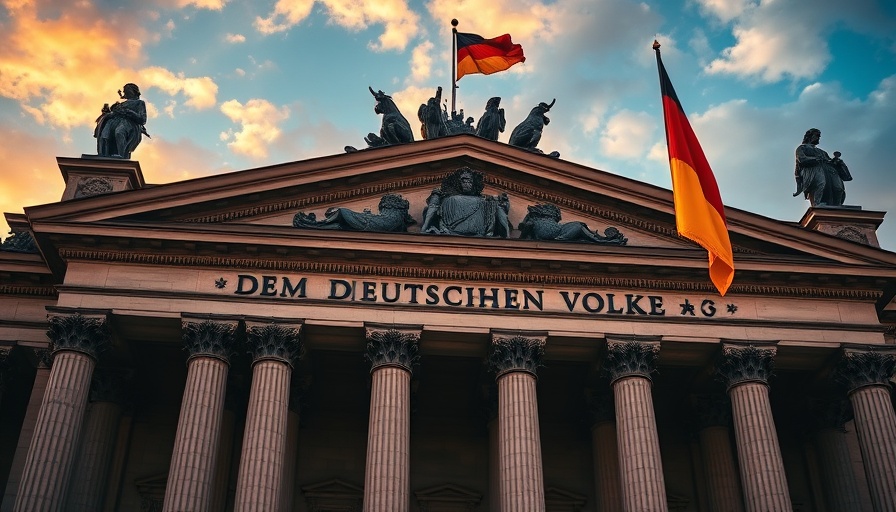
Election Shocker: Far-Right Success Rattles German Politics
The recent federal election in Germany has resulted in surprising outcomes, primarily dominated by the rise of the conservative bloc led by the Christian Democratic Union (CDU) and the Christian Social Union (CSU). Friedrich Merz, the lead candidate for the CDU, is now poised to take over as Chancellor, following the party’s impressive share of 28.5% of the votes, eclipsing the Social Democratic Party (SPD) led by Olaf Scholz, which has fallen to 16.5% in a significant political shift.
Understanding the New Political Landscape
The notable aspect of this election is the surge of the far-right Alternative for Germany (AfD), which garnered a substantial 20% of votes, marking its successful transition from a fringe party to a dominant force in parliament. Many voters shifted their allegiance towards parties advocating stringent immigration policies, reflecting a broader trend observable in other western democracies, as rising concerns over immigration continue to fuel right-wing sentiment.
Challenges Ahead for the New Administration
Although the CDU/CSU coalition has emerged victorious, the road ahead is fraught with challenges. Merz has stated that the party must now engage in coalition negotiations, a task complicated by the AfD’s rising influence, with other parties publicly stating their intention to isolate them from government roles to maintain stability. This immediate necessity for coalition talks will be crucial, especially when addressing critical issues like economic stagnation and the ongoing discussions about immigration reform.
Political and Economic Implications to Consider
The significance of this election extends beyond mere party power shifts; it reflects deep-seated concerns among the electorate about Germany’s economic performance. With sluggish growth in recent years, the incoming government will face pressure to improve economic conditions, streamline tax burdens, and enhance fiscal policy effectiveness. These topics will resonate particularly among taxpayers, who will be eager to see how new leadership addresses economic reforms that can potentially lower their taxes and benefit small businesses.
A Call to Watch the Political Developments Closely
This political transformation holds vital implications not only for German citizens but also for taxpayers at large, as economic policies begin taking shape under the new leadership. Staying informed on how these political dynamics will evolve is essential for those interested in strategic tax deductions and efficient tax planning as new strategies will emerge from governmental shifts in the coming months. By keeping an eye on these developments, voters will be in a better place to prepare for changes that could impact their financial responsibilities.
 Add Row
Add Row  Add
Add 




Write A Comment